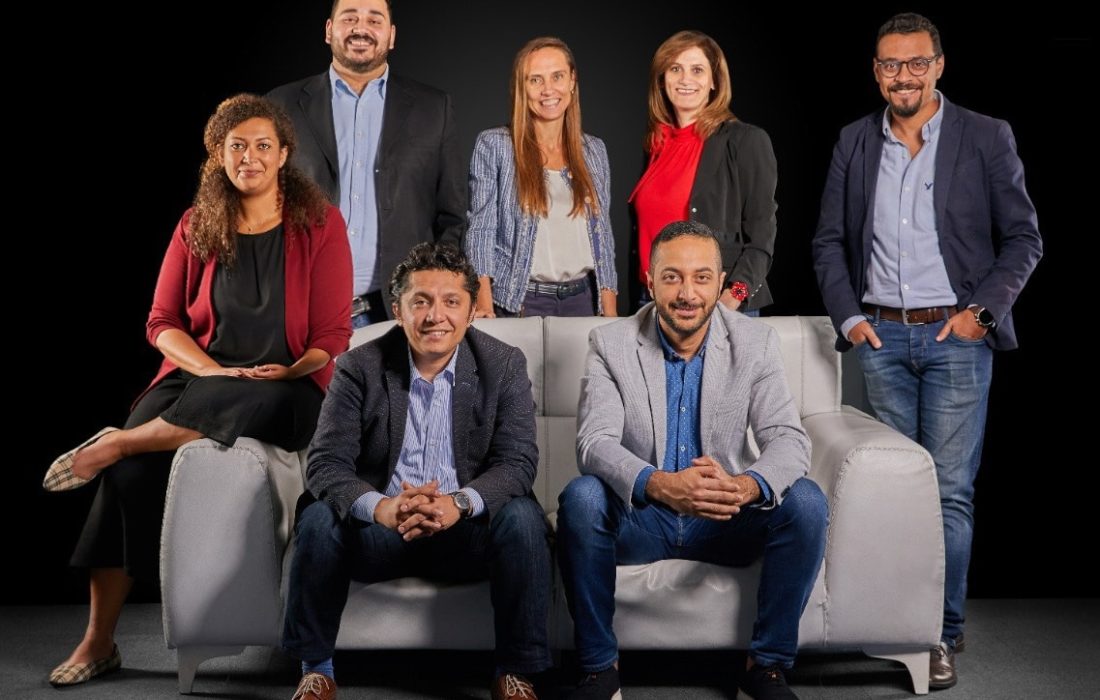In a panel moderated by former 500 Startups Innovation Director, Vera Futorjanski, at STEP conference the panelists discussed the impact of small cap IPOs in emerging markets, focusing on the MENA region.
A small cap IPO is a term used to classify companies with a relatively small market capitalization of between $300 million and $2 billion. The discussion kicked off over the need for small cap IPOs and its role for the development of an emerging market. The basis of the question came from the concerning IPO trend. Futorjanski explained that from 1980 to 2000, before the dot-com bubble, the US averaged roughly 300 IPOs per year. However, the average fell to 108 per year from 2001 to 2016, roughly a third of what it was before. Furthermore, she explained that the characteristics of IPO candidates have changed. Small company IPOs with less than $50 million in annual revenue at the time of IPO have declined by more than 50%, meaning that companies are staying private for a longer period of time.
Walid Fazza, COO and partner of MSA Capital, a Chinese venture capital firm with $1.5 billion in assets under management, that invests in the MENA region explained the importance of small cap IPOs in building an ecosystem. “I think it plays a crucial part for these companies to be able to have a small cap IPO that allows them to fundraise and allows them to maintain some of their equity as well and not constantly be private, so I think it’s essential, more so in emerging markets,” Fazza said. He added that opening a secondary parallel market is building the foundation to have that kind of infrastructure so that companies can have small cap IPOs.
However, Patrick De Laive, CPO of Amsterdam-based TNW, a website and annual series of conferences focused on new technology and start-up companies, had an opposing view. “I think it has almost nothing to do with creating a tech ecosystem. If it was so, then why are we now building these IPO secondary markets? Because we have had many exits, or there are many examples of great tech ecosystems in Europe and also in the US,” De Laive explained. He believes that the potential of looking at other markets in other cities and countries means companies always have access to an IPO market, therefore the need for a local small cap IPO market is not necessary.
Corrie Block, professor of Strategic Management at Monarch Business School, believes that the idea of small cap IPOs needs to raise awareness in the region and is an opportunity for companies, as it is a chance for SMEs to have access to liquidity. “I think especially in tech, and especially in emerging markets. IPO, the small cap IPO is just an untapped opportunity. It’s something that hasn’t been done, but it’s not something that can’t be done. It solves the SME problem which is access to liquidity,” Block said. Block compared small cap IPOs to venture capitals, where he believes that no one understood their function and advantage 10 years ago. Furthermore, he explained that if the company were to IPO they would have the liquidity as a founder to iterative designs your own way, then test the market your own way, get the information back you need and then scale up.
Issa Aghabi, investment officer heading MENA for International Finance Corporation (IFC), a World Bank Group company, believes that having an IPO market helps, however, it is not key for the region. “I think they could potentially complement each other. I see the IPO route less likely right now in this region. I think a lot more trade sale acquisitions will keep taking place, because either it’d be there’s going to be a lot of consolidation, private equity players as they come back in action,” Aghabi explained.
How to Create an Environment for IPOs
Block believes that in order for a company to IPO there needs to be three major aspects:
Governance: “If there is a great sort of governance in the companies that are structured well, that are able to do the reporting and sort of handle the idea of going public.”
Scalability: “Talking about scalability in the region, we have yet to have sort of unified markets that are able to either passport stuff in FinTech or be able to have one company that’s established here and has access to market. So that’s still very fragmented. I think if that gets solved, that will take us to where we need to go.”
Profitability: “If we see more as kind of stable B2B, profitable businesses in the region that’s more likely for us to see these companies go to IPO.”
Furthermore, Block the kind of regulations that would need to be implemented in the Middle East would be diversity and minimum education experience requirements for board of directors, otherwise investors from the outside won’t invest. “We don’t have the same quality of information as stock investors as you would as a VC. So what we’re looking for is the regulatory environment to make sure that our interests are being protected. And if the leadership of the boards of directors aren’t mandated to be with diversity, and with minimum experience and education requirements, then it’s very difficult for us as investors to want to put our money into that,” Block said. He continued by explaining the importance of accounting transparency. Block believes the reporting side of accounting accuracy and transparency is extremely important. “I think the third thing is fraud prevention, market manipulation prevention and insider trading prevention. If we have a great regulatory framework for those things, those will protect the investors and then IPOs can be stronger,” Block added.
However, Fazza explained that companies are taking a lot longer to IPO due to access of capital. “I think it is worth mentioning that it takes companies a lot longer to IPO. Why? Because there’s an abundance of capital and venture capitals right now offer these companies access to capital at cheaper rates than it is for them to IPO,” he said.
If you see something out of place or would like to contribute to this story, check out our Ethics and Policy section.














